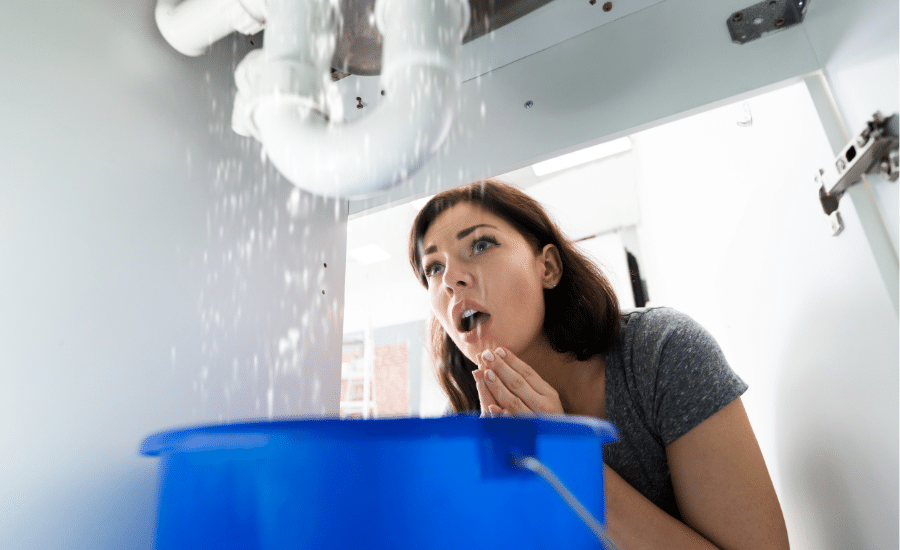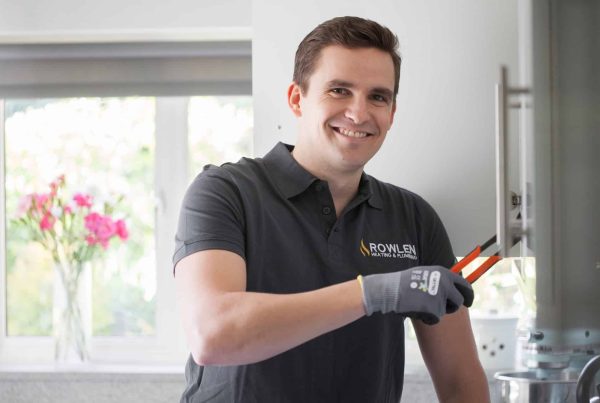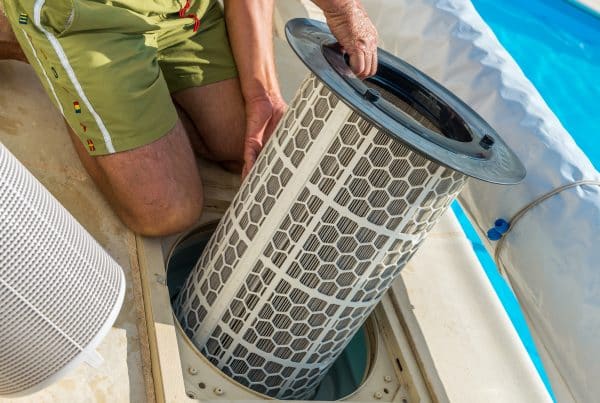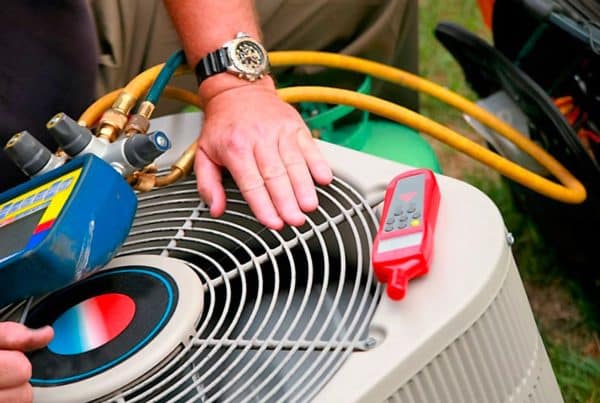You’re at home, and suddenly water starts gushing from a pipe. Or maybe your sink is overflowing, and nothing seems to stop it. These situations are not just inconvenient; they are emergency plumbing problems that need immediate attention. Here’s your guide on how to handle such emergencies calmly and effectively.
Identifying Emergency Plumbing Situations
An emergency plumbing situation is any problem with your plumbing that needs quick action to prevent damage or health risks. Some common examples include:
- Burst pipes.
- Severe leaks that can’t be contained.
- Clogged drains causing water to overflow.
- Toilets not functioning and overflowing.
Knowing these signs helps you act fast!
Immediate Steps to Take
When you face a plumbing emergency, here’s what you should do:
- Turn Off the Water: Find your main water valve and turn it off. This step stops the flow of water and prevents further damage.
- Minimize Damage: Move any furniture or belongings away from the water. If the leak is from the ceiling, place a bucket underneath.
- Safety First: Be careful of slippery floors and avoid touching any electrical appliances if there’s standing water.
- Assess the Situation: Once you’ve taken these steps, try to identify where the problem is coming from.
When to Call a Professional
Some plumbing issues are too big to handle on your own. In these cases, it’s best to call a professional plumber. Situations where you should definitely call for help include:
- If you are unable to identify where the issue is coming from.
- If the issue involves sewage water.
- When you try to repair the issue but it still doesn’t go away.
Remember, choosing a reliable plumber is crucial. Look for licensed professionals with good reviews.
Temporary Fixes You Can Do
While waiting for professional help, there are some temporary fixes you can try:
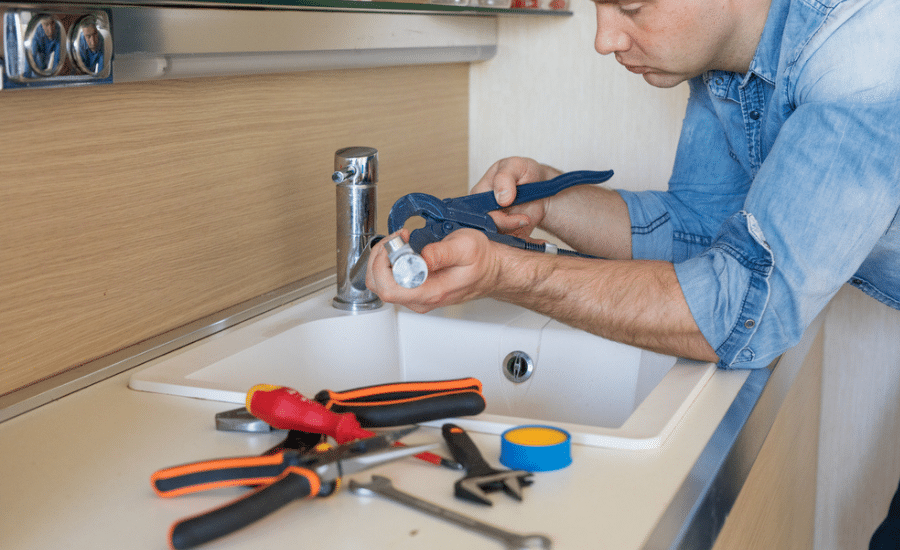
- Using a Plunger: A plunger can help unclog toilets and drains. Make sure you’re using it correctly for the best results.
- Temporary Seals: For small leaks, you can use tape or plumber’s putty as a temporary fix.
- Safety Precautions: Always wear gloves and avoid using electrical appliances in flooded areas.
Preventing Future Plumbing Emergencies
Prevention is better than cure, especially with plumbing. Here are some tips to avoid future emergencies:
- Regular Maintenance: Check your pipes and faucets regularly for signs of wear and tear.
- Watch for Warning Signs: Slow drains, strange noises, and unpleasant smells can indicate problems.
- Professional Inspections: Have a plumber inspect your system annually. They can spot issues you might miss.
Dealing with emergency plumbing can be stressful, but knowing what to do can make a big difference. Remember, the first steps are turning off the water, ensuring safety, and assessing the situation. Don’t hesitate to call a professional when needed, and take preventive measures to avoid future problems. Stay calm, and you’ll handle these emergencies like a pro!

